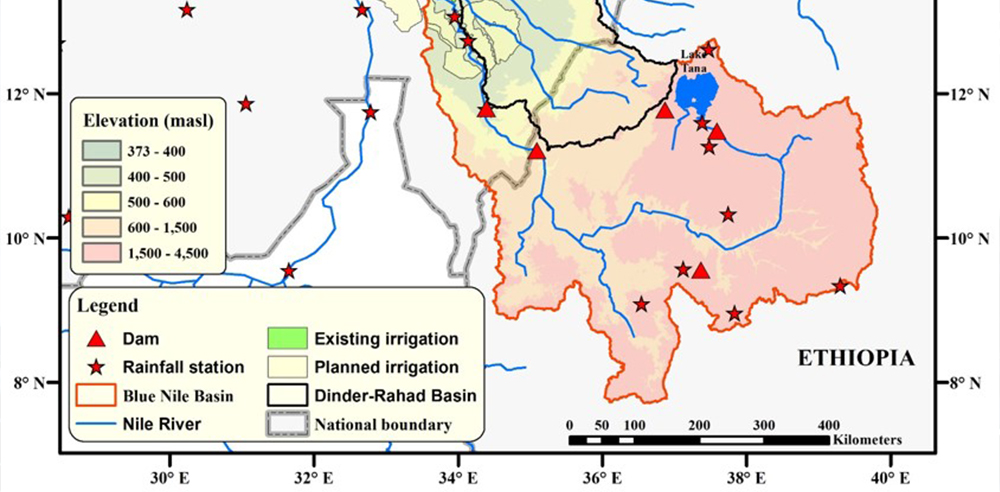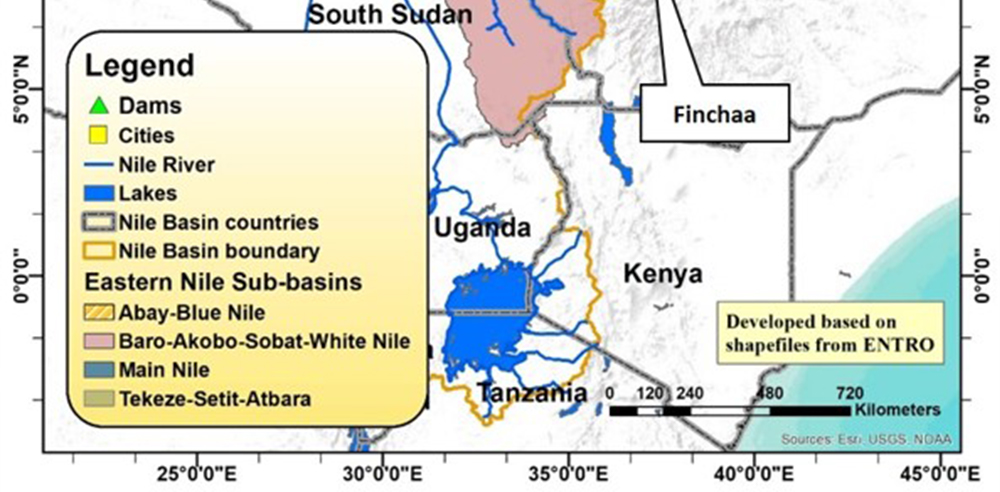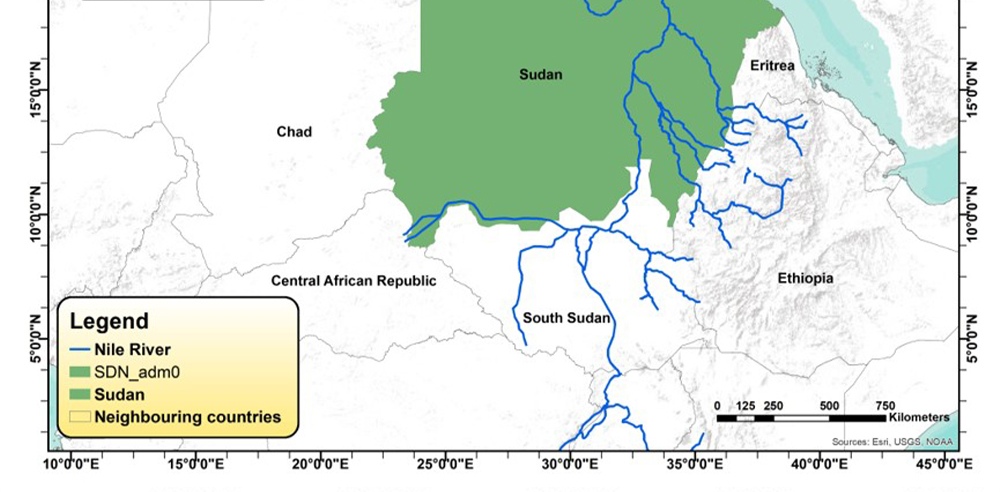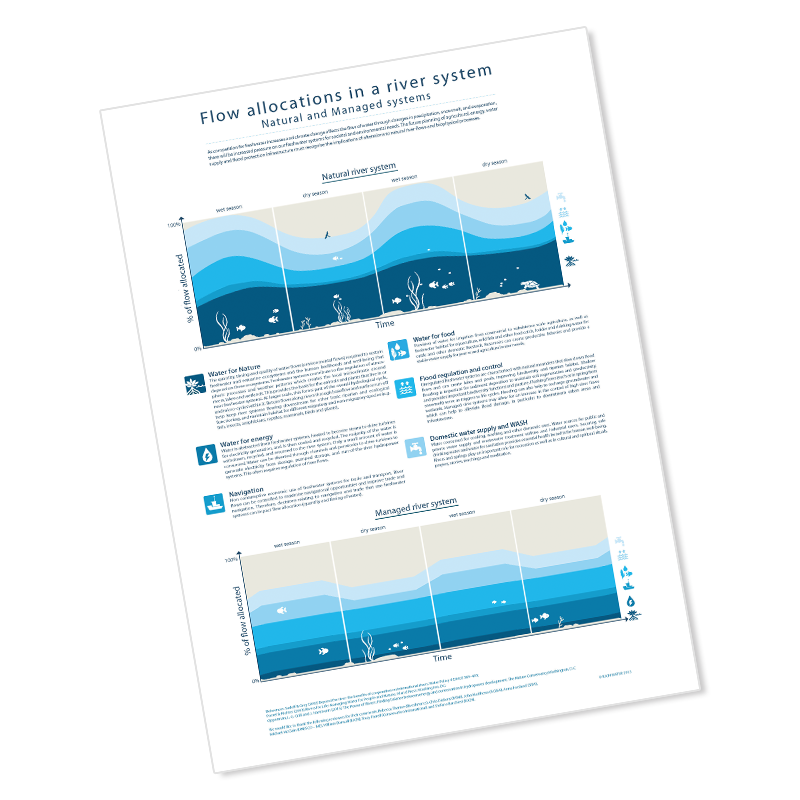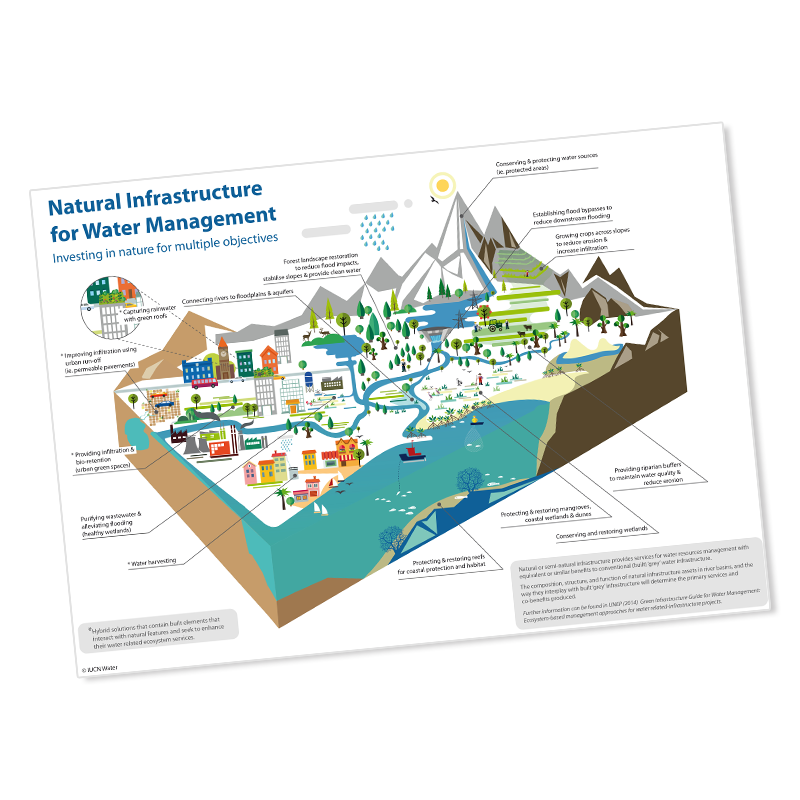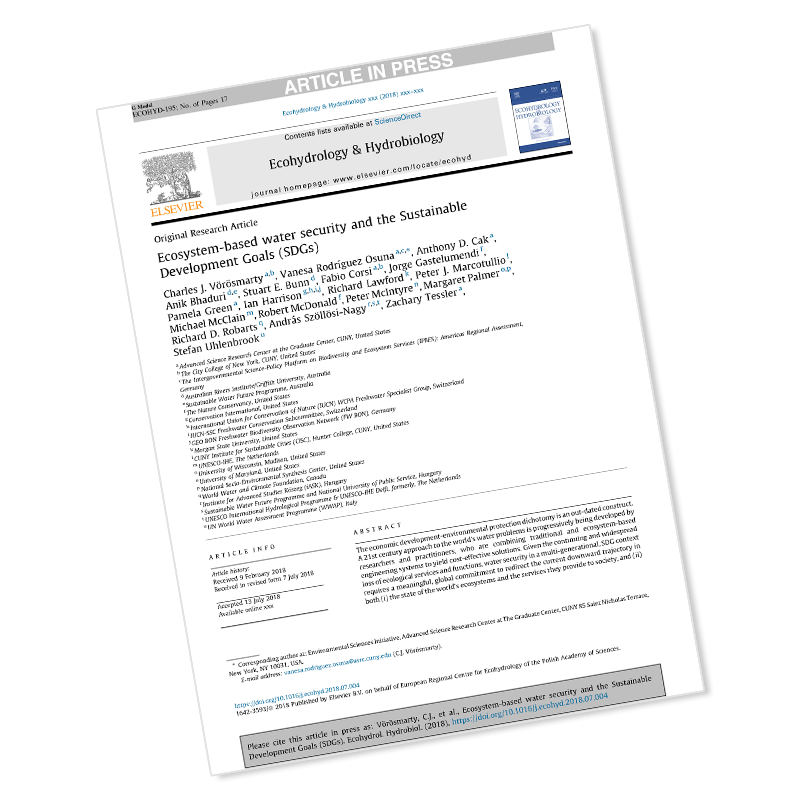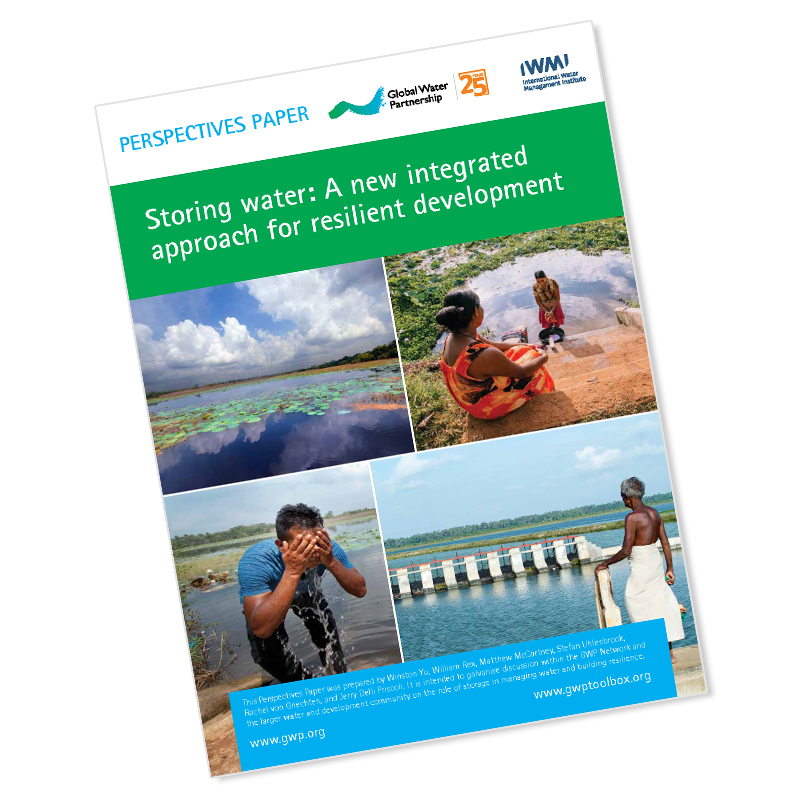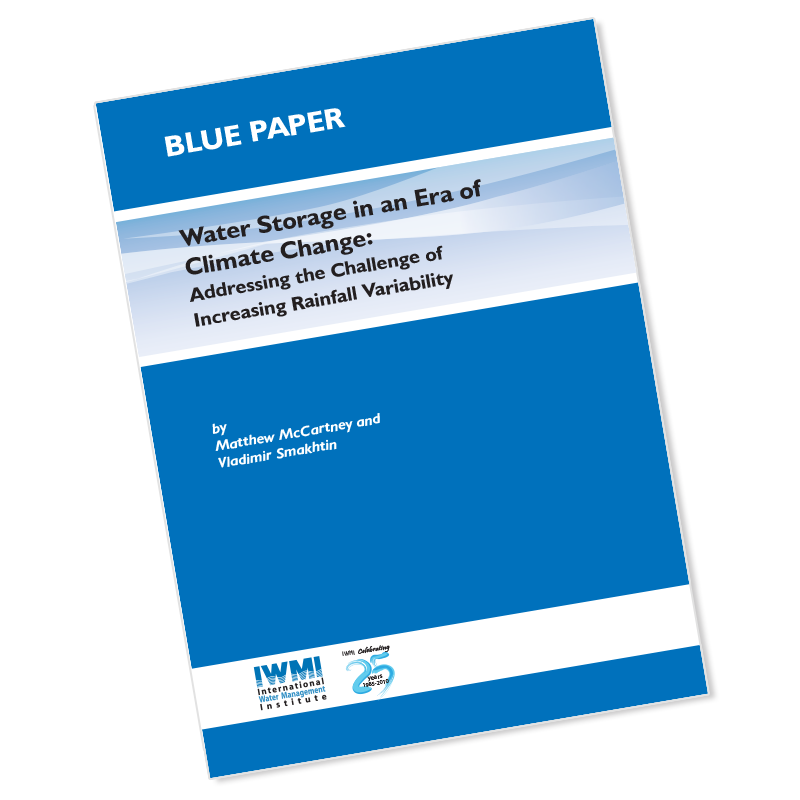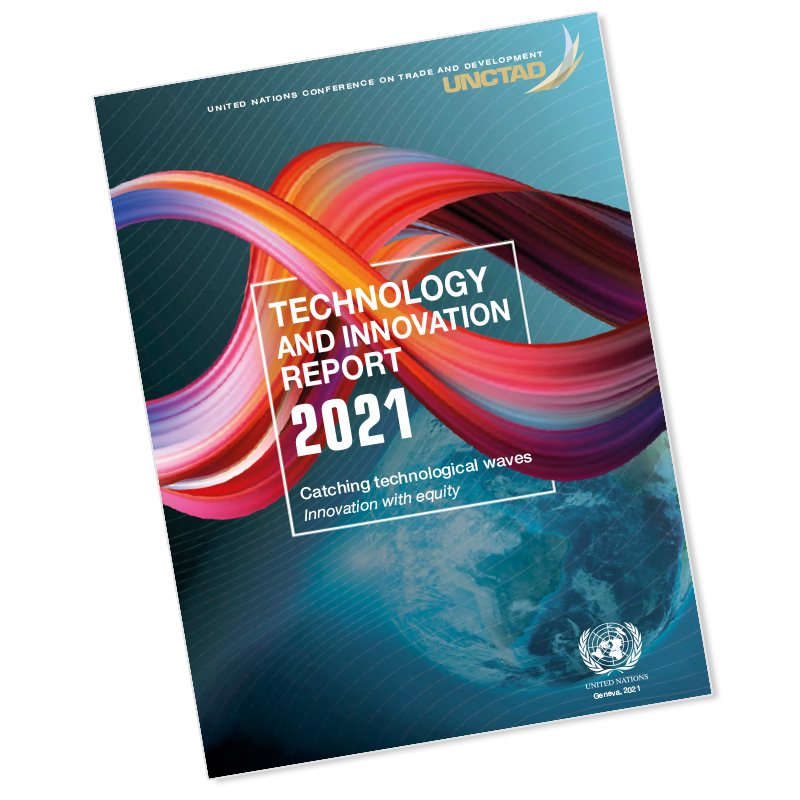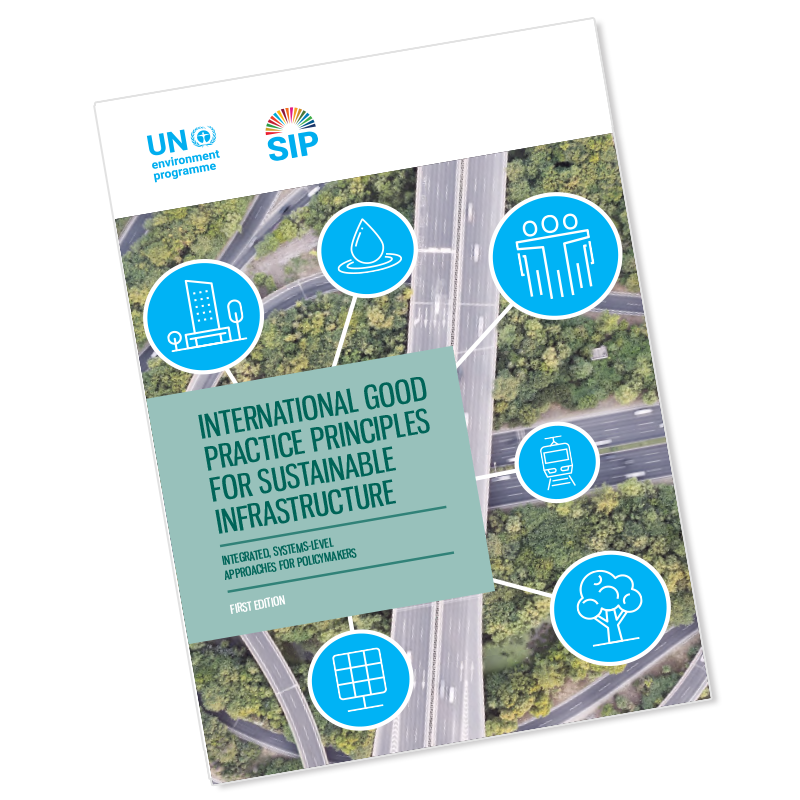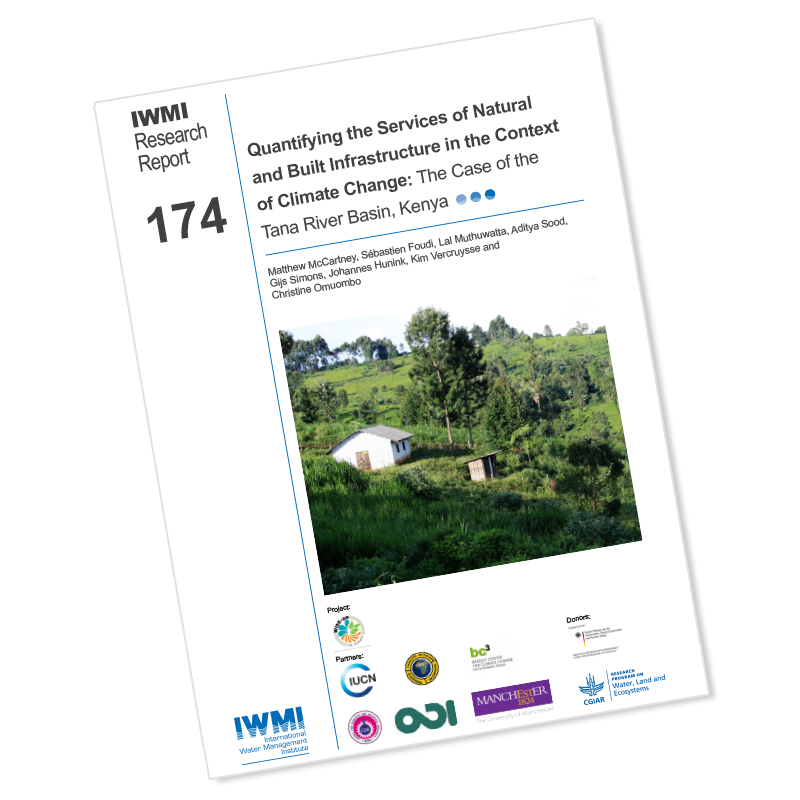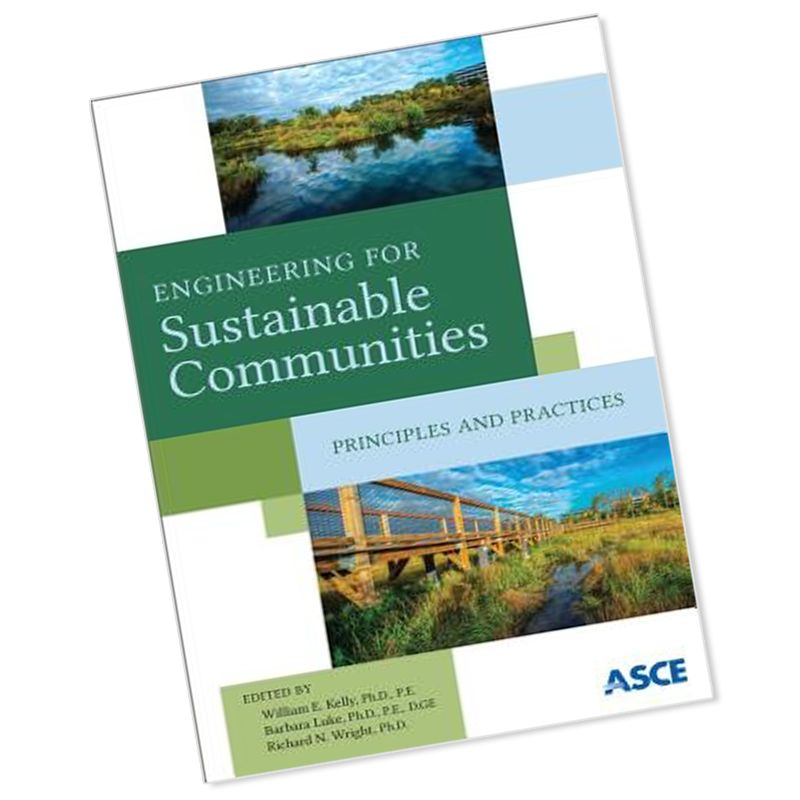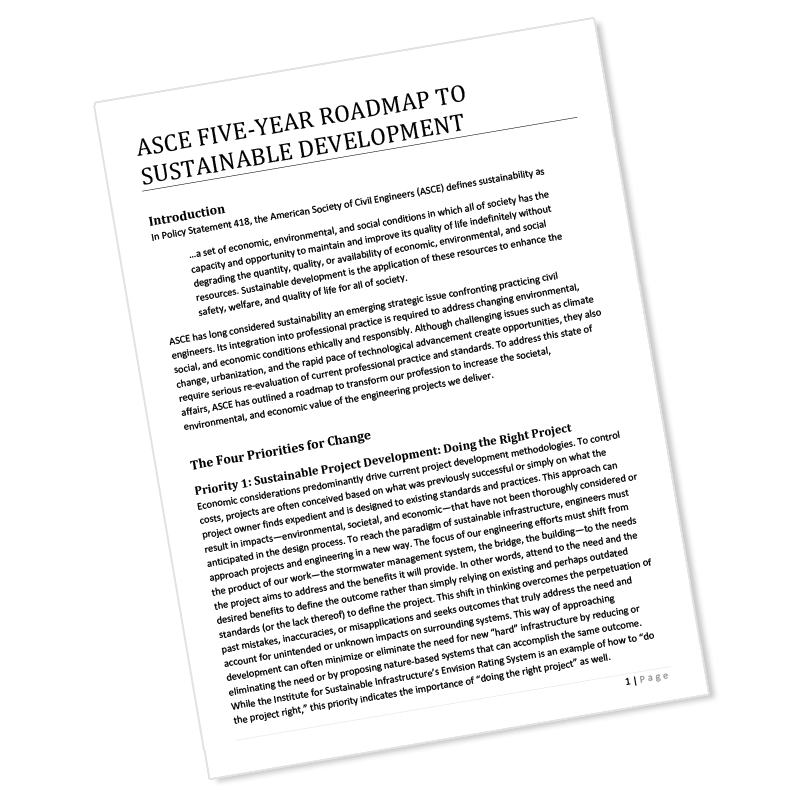Clearinghouse for Knowledge
Green-Gray Case Studies
The eNetwork provides a platform for disseminating information generated by its series of case studies across sub-Saharan Africa. These studies are drawn from ongoing research as well as applications-oriented projects that implement green-gray technologies and water infrastructure. Collectively, our case studies address a broad spectrum of water security challenges from water supply and sanitation to land and water management for improved green-gray synergies. Associated with each case study will be a bibliography of relevant reports and peer-reviewed studies generated by the project itself or upon which its specific activities have been based.
There are three categories of case studies: Some are at the local scale where implementation is more focused. To explore the broader feasibility of green-gray approaches, some are at the basin scale, and others are at the country level. In this way, the eNetwork can engage knowledge providers and users at multiple scales and present to decisionmakers integrated approaches to water security.
Infographics
An infographic is a collection of imagery, charts, and minimal text that gives an easy-to-understand overview of a topic.
Below are some useful infographics we find relevant to Water Sustainability. Click to View / Download.
Flow allocations in a river system:
Natural and Managed Systems
As competition for freshwater increases and climate change affects the flow of water through changes in precipitation, snowmelt and evaporation, there will be increased pressure on our freshwater systems for societal and environmental needs. The future planning of agricultural, energy and water supply and food protection infrastructure must recognize the implications of alterations to natural river flows and biophysical processes.
Natural Infrastructure for Water Management:
Investing in nature for multiple objectives
Key Publications
Below are Key Publications we find relevant to Water Sustainability. Click to View / Download.
Ecosystem-based water security and the Sustainable Development Goals (SDGs)
Abstract: The economic development-environmental protection dichotomy is an out-dated construct. A 21st century approach to the world’s water problems is progressively being developed by researchers and practitioners, who are combining traditional and ecosystem-based engineering systems to yield cost-effective solutions.Storing water: A new integrated approach for resilient development
Abstract: This paper outlines a new and integrated water storage agenda for resilient development in a world increasingly characterized by water stress and climate uncertainty and variability. Storing water has long been a cornerstone of socio-economic development, particularly for societies exposed to large climatic variability. Nature has always supplied the bulk of water storage on earth, but built storage has increased significantly, particularly over the twentieth century.Credit: © International Water Management Institute
Water Storage in an Era of Climate Change:
Addressing the Challenge of Increasing
Rainfall Variability
Credit: © International Water Management Institute
International Good Practice Principles for Sustainable Infrastructure
Infrastructure systems deliver essential services like drinking water, sanitation, agriculture and industry and electricity – allowing our economies to function. However, our current infrastructure causes unsustainable patterns of natural resource use that drive climate change, nature and biodiversity loss, and pollution and waste. To defeat these three planetary crises and deliver on the 2030 Agenda, we urgently need to rethink our infrastructure systems.Credit: © United Nations Environment Programme
Ecosystem-based water security and the Sustainable Development Goals (SDGs)
Abstract: The economic development-environmental protection dichotomy is an out-dated construct. A 21st century approach to the world’s water problems is progressively being developed by researchers and practitioners, who are combining traditional and ecosystem-based engineering systems to yield cost-effective solutions.Storing water: A new integrated approach for resilient development
Abstract: This paper outlines a new and integrated water storage agenda for resilient development in a world increasingly characterized by water stress and climate uncertainty and variability. Storing water has long been a cornerstone of socio-economic development, particularly for societies exposed to large climatic variability. Nature has always supplied the bulk of water storage on earth, but built storage has increased significantly, particularly over the twentieth century.Credit: © International Water Management Institute
Water Storage in an Era of Climate Change:
Addressing the Challenge of Increasing
Rainfall Variability
Credit: © International Water Management Institute
Quantifying the Services of Natural and Built Infrastructure in the Context of Climate Change: The Case of the Tana River Basin, Kenya
A study was conducted to explore the synergies and trade-offs between built and natural infrastructure in the Tana River Basin. A simple framework for better understanding the interactions and co-dependencies between water-related built and natural infrastructure was developed. To evaluate the costs and benefits associated with the current built infrastructure, empirical relationships were determined quantifying the links between river flow and ecosystem services.Credit: © International Water Management Institute
Engineering for Sustainable Communities: Principles and Practices
Engineering for Sustainable Communities: Principles and Practices is a comprehensive resource for sustainable engineering methods throughout the life cycle of infrastructure projects and systems. As stewards of the nation’s infrastructure, civil engineers are called to lead and advocate for sustainable design, programs, & development. This book provides the tools to support engineers in this effort. Drawing on the expertise of more than 40 authors, this book is divided into four topic areas.Credit: © American Society of Civil Engineers
ASCE Five-Year Roadmap to Sustainable Development
ASCE has long considered sustainability a strategic issue confronting practicing civil engineers. Its integration into professional practice is required to address changing environmental, social, and economic conditions ethically and responsibly. Although challenging issues such as climate change, urbanization, and the rapid pace of technological advancement create opportunities, they also require serious re-evaluation of current professional practice and standards. To address this state of affairs, ASCE has outlined a roadmap to transform the profession.Credit: © American Society of Civil Engineers

